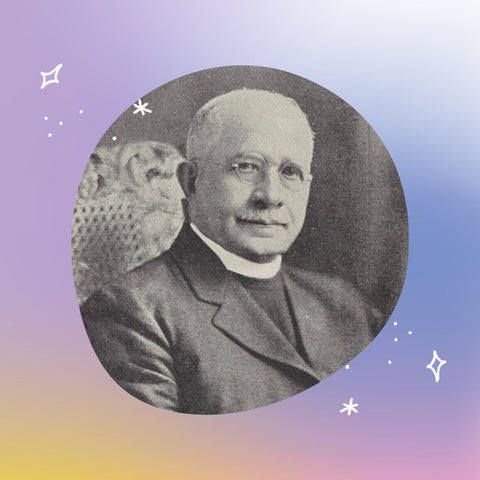
Originally published on Mockingbird.
Six days into the New Year, I chose my resolution. After two canceled holiday trips, a postponed funeral, a Covid Christmas, two winter snowstorms and five days without power, I decided my resolution for 2022 was to plan less. Actually, I believe my exact quote was “I will absolutely not plan anything for an entire year.” Driving to my parent’s house to use their internet and watch television, I swore to my daughters, “I am not scheduling anything more than one event out. So right now, I am planning to arrive at Mimi’s house. Then we can talk about what we will do next.”
One of them asked me about dinner. “That is not next. Only one event in the future. So we will just see when we get to dinner.” The other daughter asked what we would do tomorrow. “That is not the next thing. So again, not discussing.”
On the phone that afternoon, my middle daughter told her aunt, “My mom gave up planning for her New Year’s so we have no idea what will happen next!” This message was delivered with slightly breathless, possibly terrified excitement. And as a child of a previously organized mother, this behavior felt reckless and precarious to her.
Eventually, the power came back on and one of my planned activities was not canceled, I relaxed my moratorium a bit. Occasionally I have a plan for dinner or the next day. After months and months of plans being canceled or postponed, it feels safer to just not plan. On a good day, I say this is mindfulness. Most days, I think it may just be fatalistic resignation.
Regardless, the idea of giving something up for Lent, or even considering Lent, feels unnecessary. It’s laughable to believe we know what the next forty days will hold. What if I spend forty days denying myself sugar or television or Facebook and also have to give up work, time with friends, vacations, dinners out or school for my kids? Maybe we should just let the universe tell us what we will give up.

This resignation to fatalism (and by “fatalism,” I mean God) is exactly why I think we need Lent. Not just the abstaining from behaviors part of Lent but the whole thing. For six weeks, we acknowledge our inability to control anything, including our moods about anything. We remember the history of God’s people making their own plans to enter the promised land and seeing those plans fall apart, for forty years in the wilderness.
In Lent, we reflect on our need for someone else to take charge, to create a future, to save us from our own despair and darkness. We are powerless, but there is one who is powerful. Lent is more than a time of gloom; it is meant to shine a spotlight on the brilliant grace of Jesus.
The StoryMakers Lent zine is all about Jesus’ parables, which might seem like an odd topic for Lent. But I couldn’t think of a better way to spend six weeks. While it is written for children, I found myself reminded that God is always in pursuit of his people. In the parable of the Lost Sheep, StoryMakers linked the search for the lost animal to God’s search for Adam and Eve, Cain, Moses and others. The story of God is the story of a shepherd never giving up on his beloved sheep. He has not forgotten us in the wilderness, even when we feel alone and left behind.
Like my children, I have worried that the adults do not have a plan. No one is thinking more than one activity out and it all feels reckless and precarious. The good news of the parable is that God always has a plan. He is always on the move towards us and nothing is a surprise to him. In Luke 15, there is never even the hint the Shepherd’s search will fail. Instead, what we are guaranteed is rejoicing when the sheep is found. “He calls together his friends and his neighbors, saying to them, ‘Rejoice with me, for I have found my sheep that was lost.’”
While my cancelled plans and abandoned dreams seem never-ending, the season of Lent is not endless. It lasts for a season that gives way to Easter. God does not abandon us in our languishing. God did not leave his people wandering in the wilderness, even if it might have seemed like he did. God entered into our world to die for our hopelessness, our pessimism, and our cynicism. God sent his son to die and rise from the dead, to be our ultimate hope. We are not forgotten. God has made a way for us. Lent reminds us that even our most depressing moments and seasons come to an end, in the glorious resurrection of our Savior."



